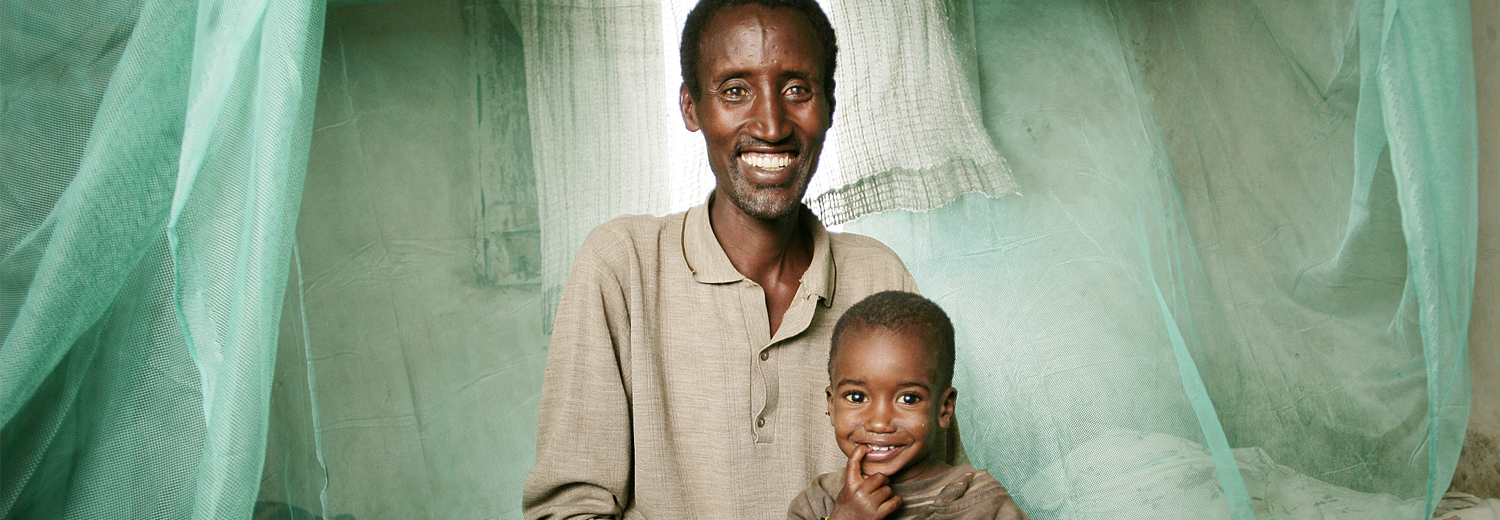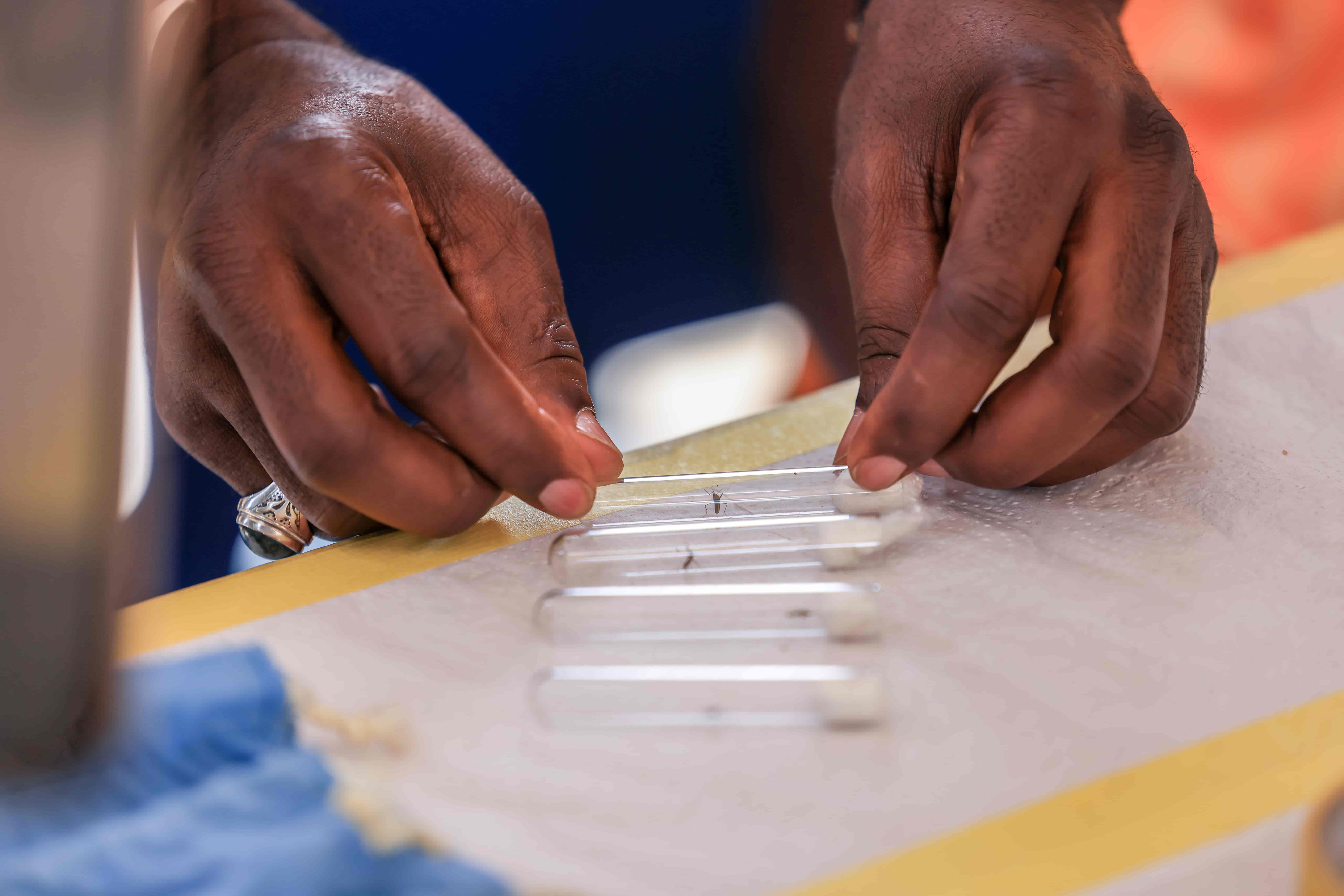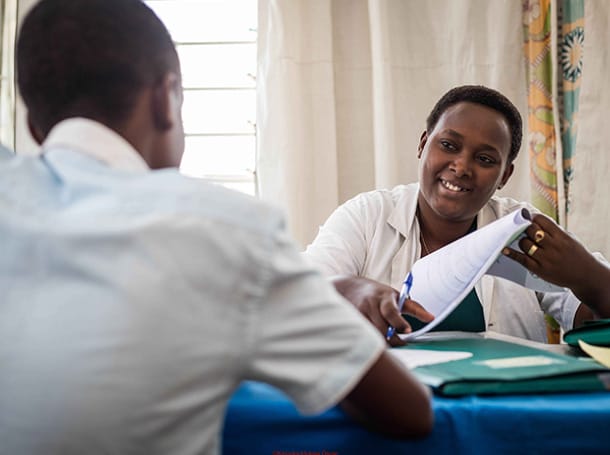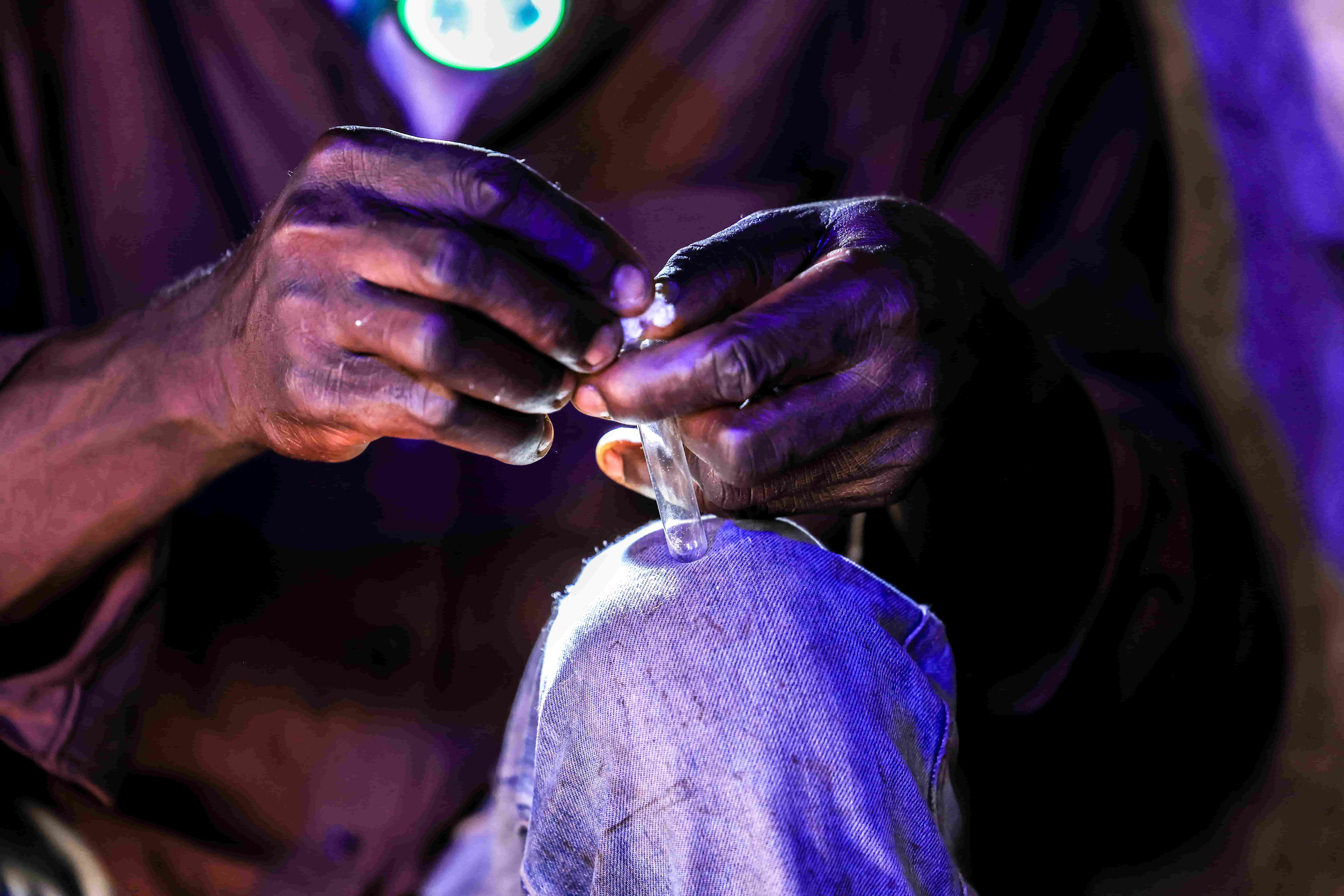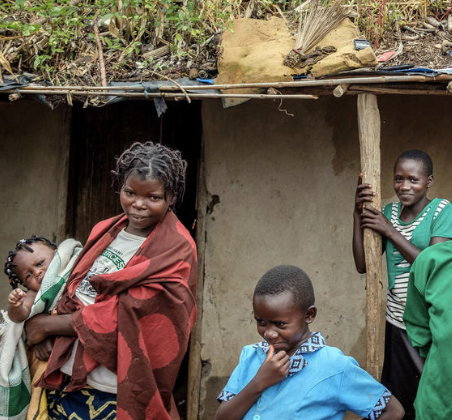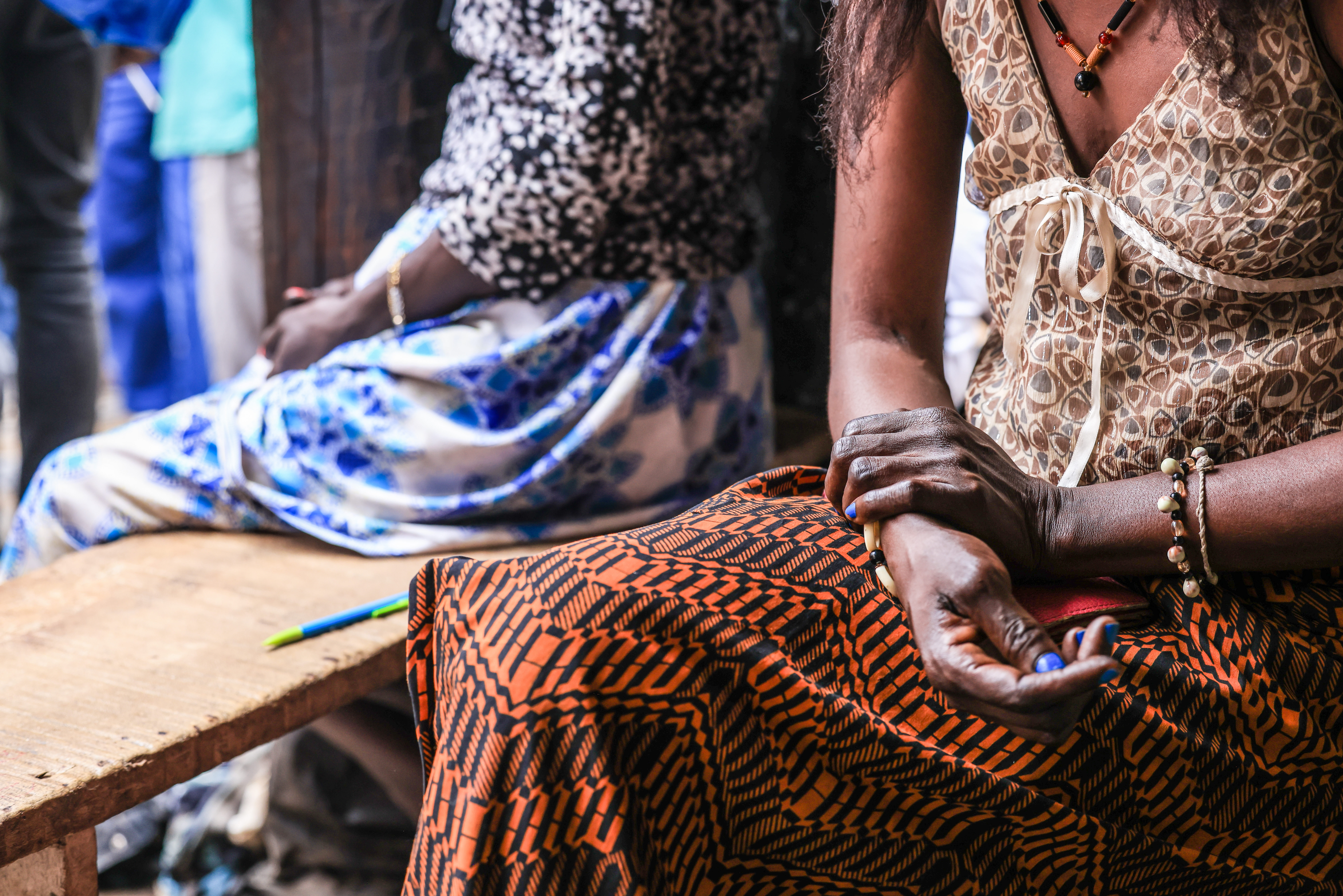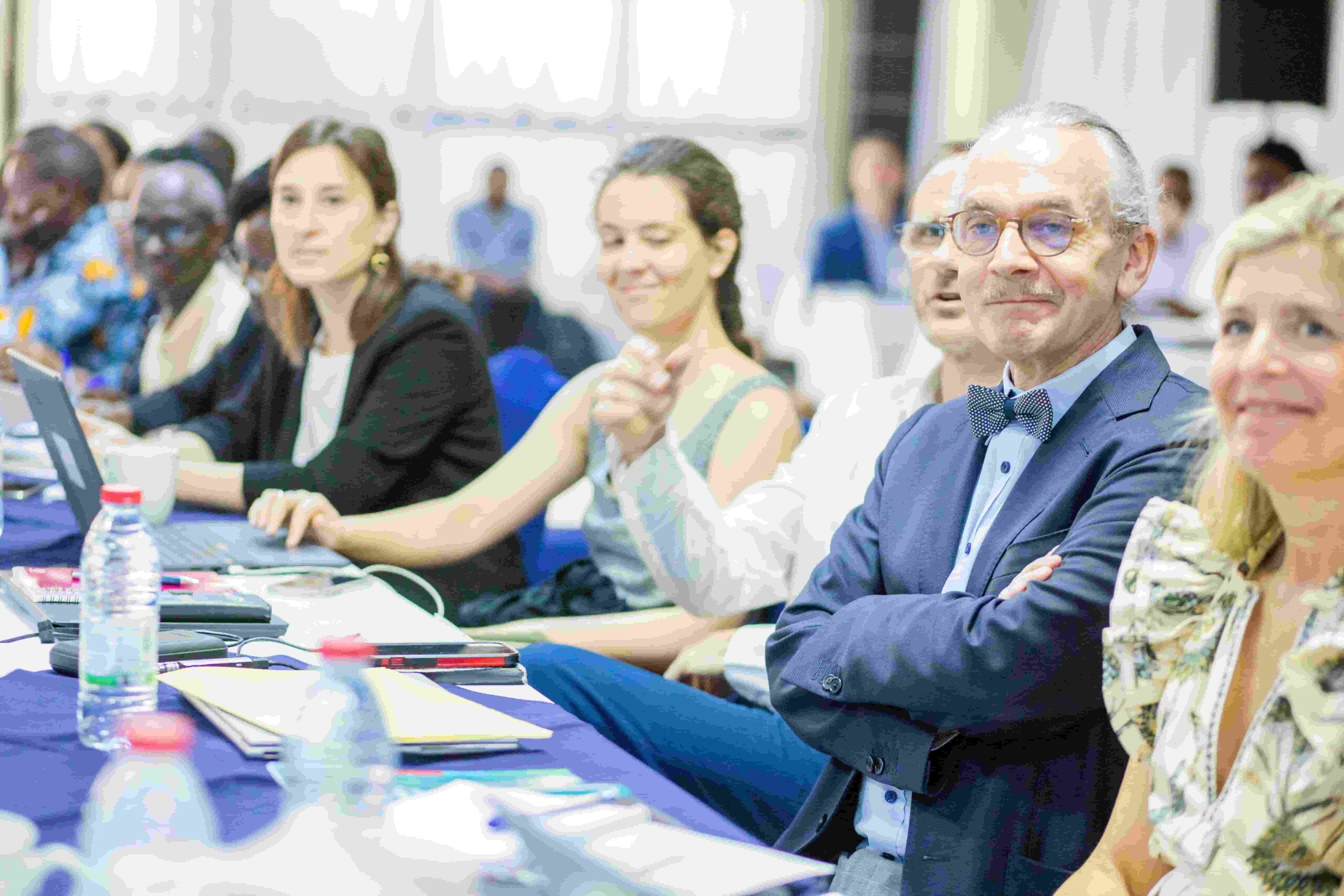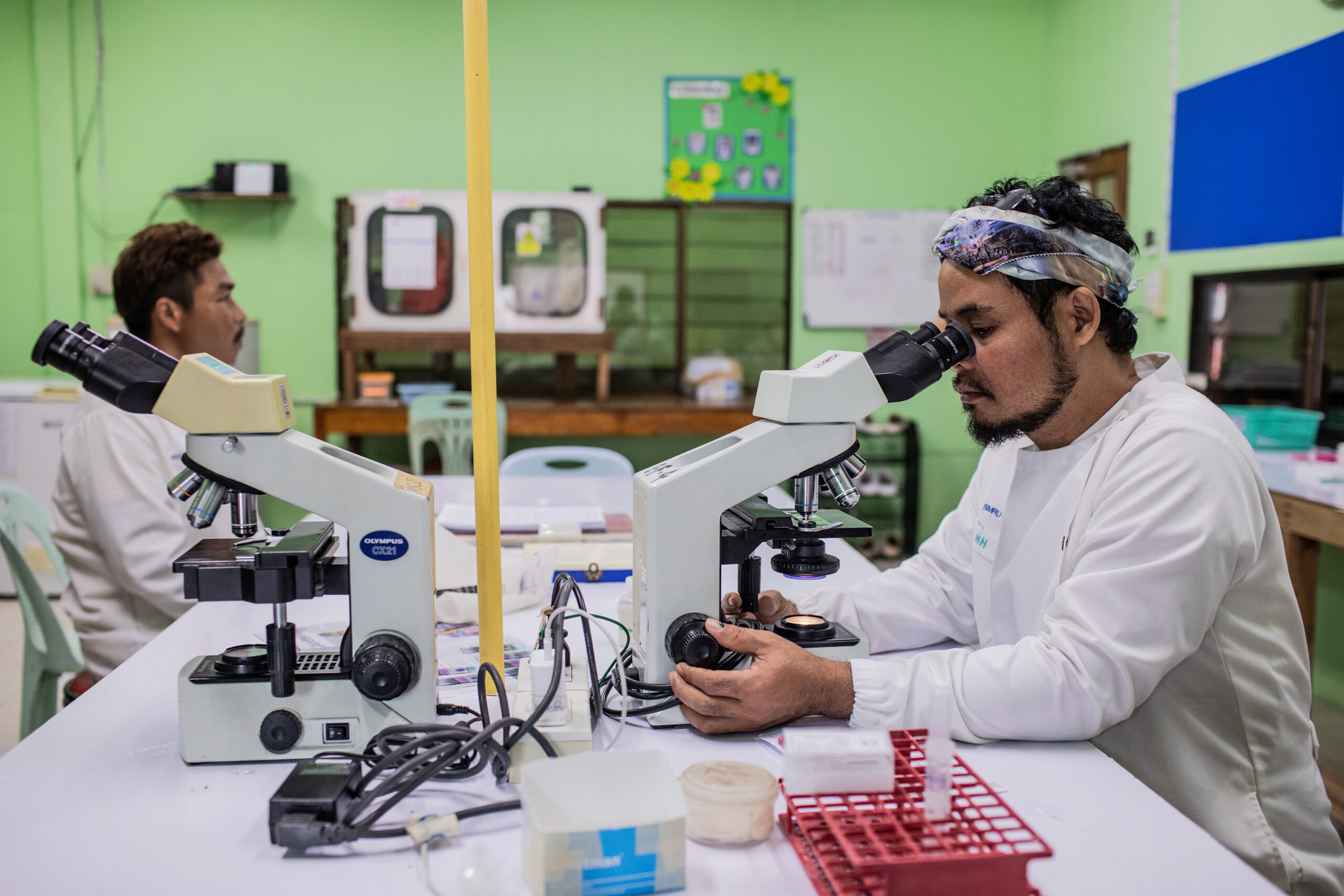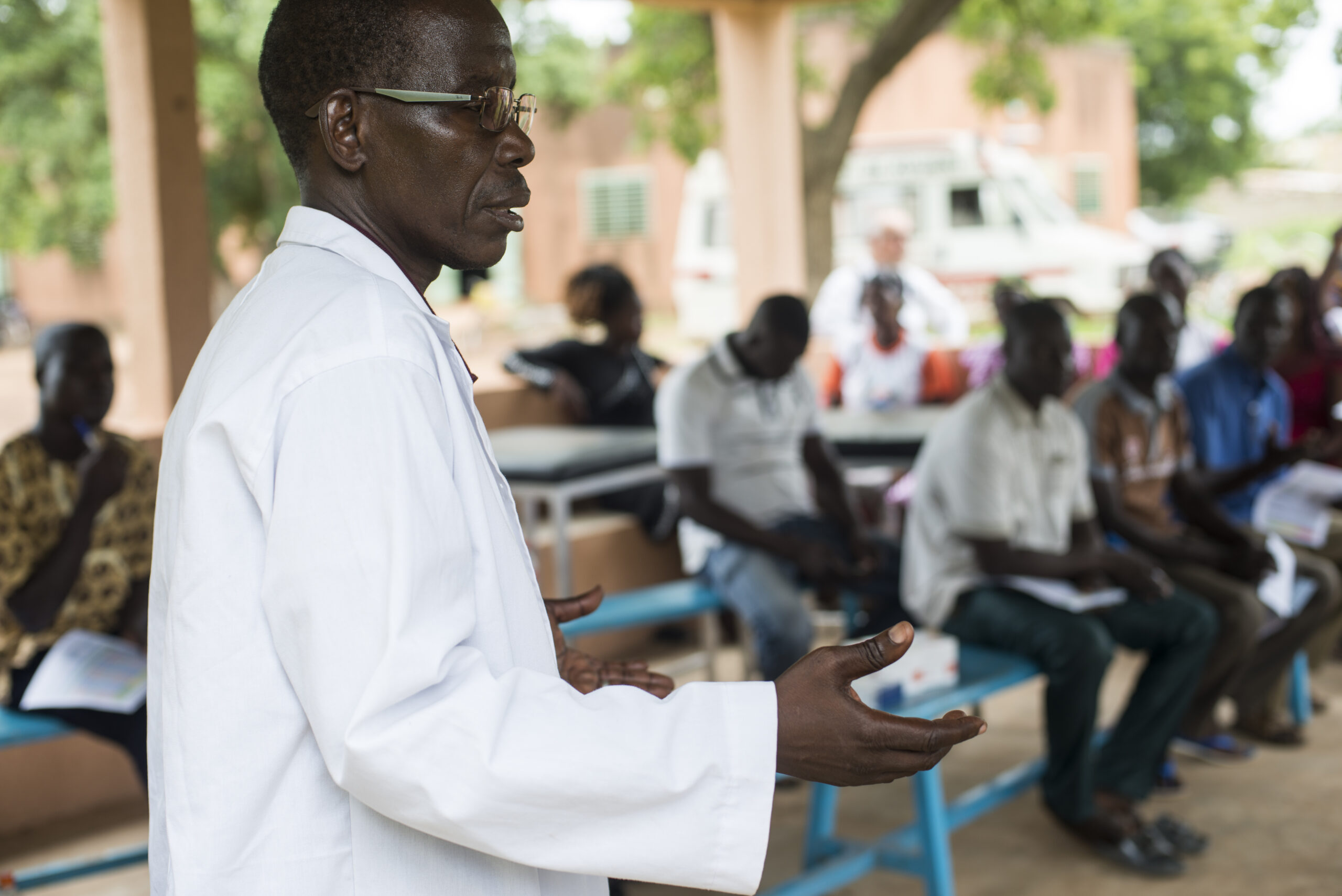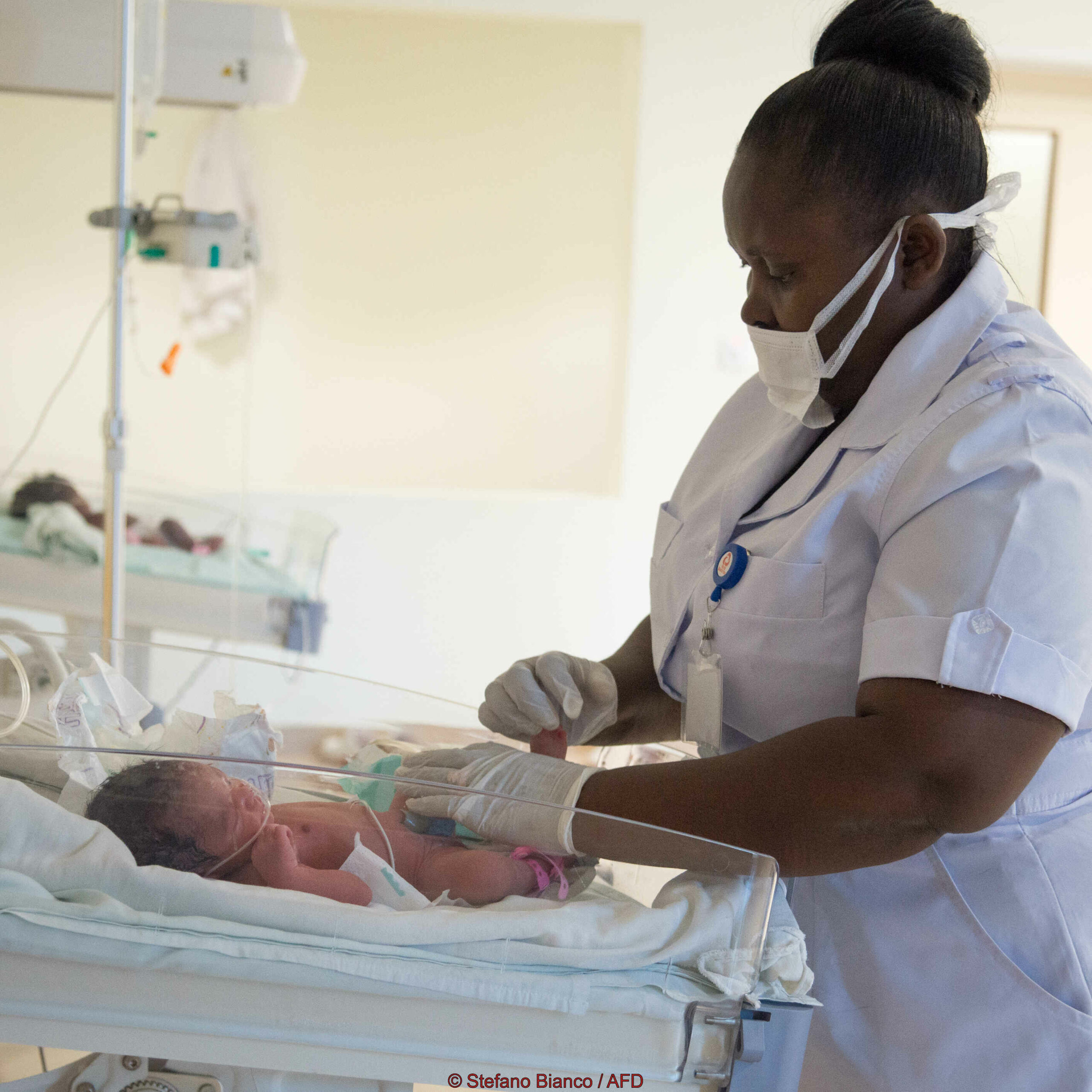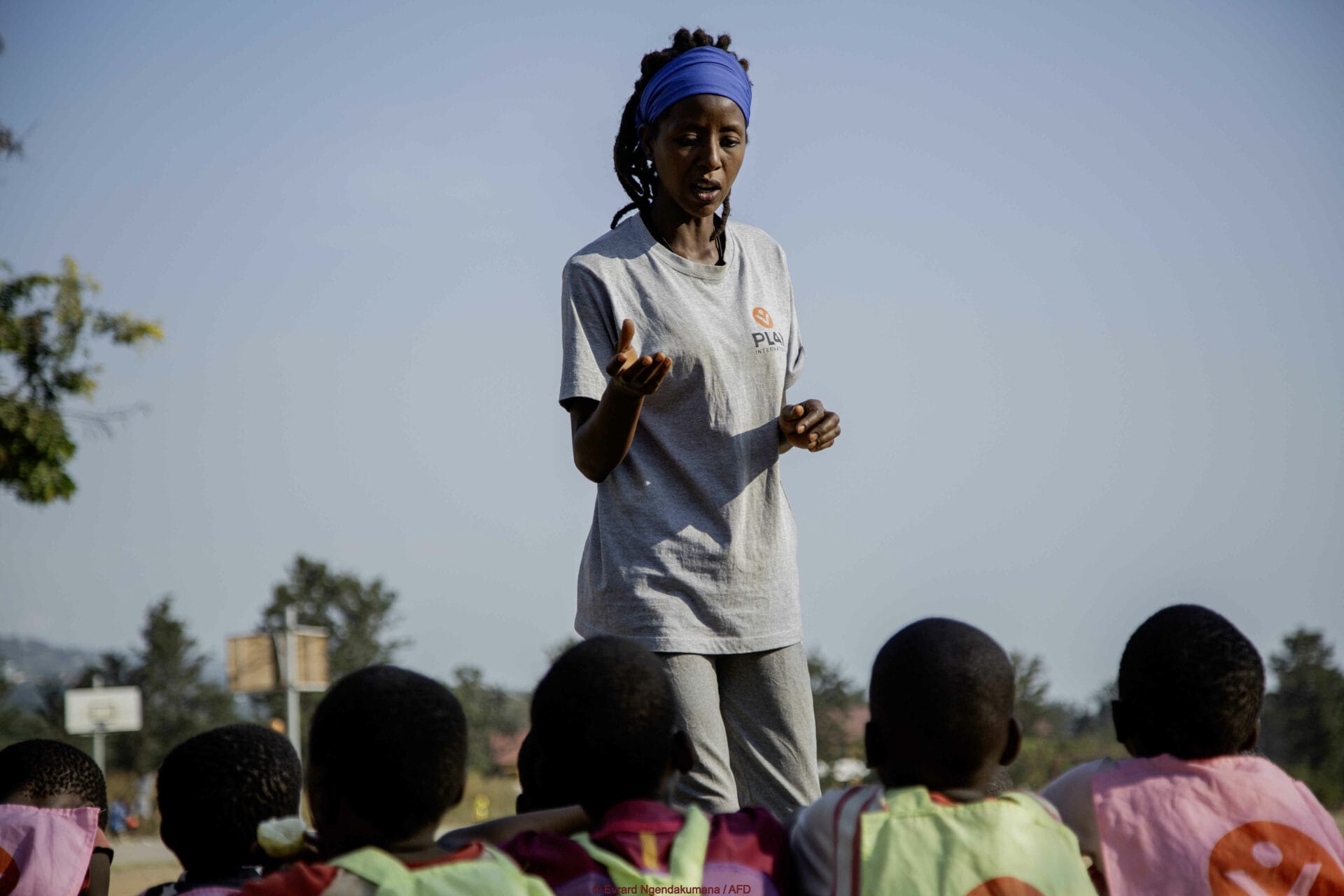What are Impact Santé Afrique’s key messages?
At the age of seven, I was seriously affected by malaria and was saved by very rapid treatment. But not everyone is as fortunate because, in communities, social representations of infectious diseases sometimes limit support and access to adequate care, in particular for malaria. Our advocacy work aims to sensitize scientists, policy makers, and decision-makers on this social dimension of malaria and to promote the role of civil society organizations (CSOs) and community workers.
We also want to mobilize political leaders so that domestic resources improve everyone’s access to health products: the Global Fund and other partners only finance needs up to 80%, and supply shortages often have a dramatic impact on communities.
Impact Santé Afrique presents itself as a “collective of committed women.” In what way are women particularly affected by malaria?
It is also a political message: gender inequalities hamper access to health services and contribute to underreporting of malaria cases.
70% of deaths from malaria are among children under five and pregnant women. One of Impact Santé Afrique’s objectives is to have greater involvement of those who pay the highest price for the disease.
It is also a political message: gender inequalities hamper access to health services and contribute to underreporting of malaria cases.
More broadly, we are campaigning for gender mainstreaming to be systematized in the fight against endemic diseases.
You co-founded CS4ME in 2018. What is the role of this platform in the malaria response?
CS4ME brings together all civil society organizations (CSOs) involved in the malaria response in 43 countries with high endemic incidence. CS4ME coordinates international advocacy and community engagement to design and implement long-term strategies that help increase the effectiveness of the response.
In Cameroon, CS4ME wants to guide public policies and support the mobilization of resources to finance prevention. Malaria risk has become commonplace in certain communities that have learned to live with the disease. This hiatus between the trivialization of malaria and the devastation it causes is reflected in a certain level of complacency among leaders in endemic countries, where barely 50% of needs are financed. Our goal is, therefore, to make the malaria response a sustainable priority for governments.
In July 2019, you gathered together 40 CSOS from French-speaking Africa outside the African Union Summit in Niamey. What did you want to achieve?
We wanted to remind African heads of state of the commitments made in Abuja in 2001 in terms of domestic financing for health. The Niamey declaration, signed by 40 CSOs from 15 French-speaking African countries, sparked real awareness and resulted in Africa’s historic contribution to the Global Fund’s replenishment conference in October 2019. For the first time, Cameroon pledged to contribute 5 million dollars to the Global Fund.
The World Health Organization (WHO) approached CS4ME to adapt its malaria strategy to the COVID-19 context. What are the results of this consultation?
WHO invited us to contribute to the development of a strategy for maintaining malaria control services during the pandemic. Thanks to the working groups conducted with community CSOs in Africa and the Asia-Pacific zone, malaria remained a priority. The reception of the messages we shared went beyond our expectations.
Our goal now is to create a civil society-WHO task force on malaria. This will ensure that the tools put in place are adapted to local needs and that affected communities participate in improving preventive strategies, in particular, to reach high-risk groups.
You have requested technical assistance from Expertise France. What will this assignment mean for CS4ME?
It will help us achieve our 2021-2025 strategy, which is based, among other things, on strengthening advocacy and the participation of CSOs and local communities in decision-making processes. The consultants from Expertise France are already at work to help us clarify our roadmap.
One of the targets of Sustainable Development Goal 3 is to end malaria by 2030. Is this realistic?
In Africa, about 80% of the population needs to be treated and benefit from prevention interventions.
If we want to achieve this goal, we have to roll up our sleeves. In Africa, about 80% of the population needs to be treated and benefit from prevention interventions.
In Cameroon alone, less than 50% of the population uses the mosquito nets they receive correctly. Funds must be more widely mobilized for an ambitious strategy that takes into account the demographic, climatic, and healthcare access issues of vulnerable populations, in particular refugees.
